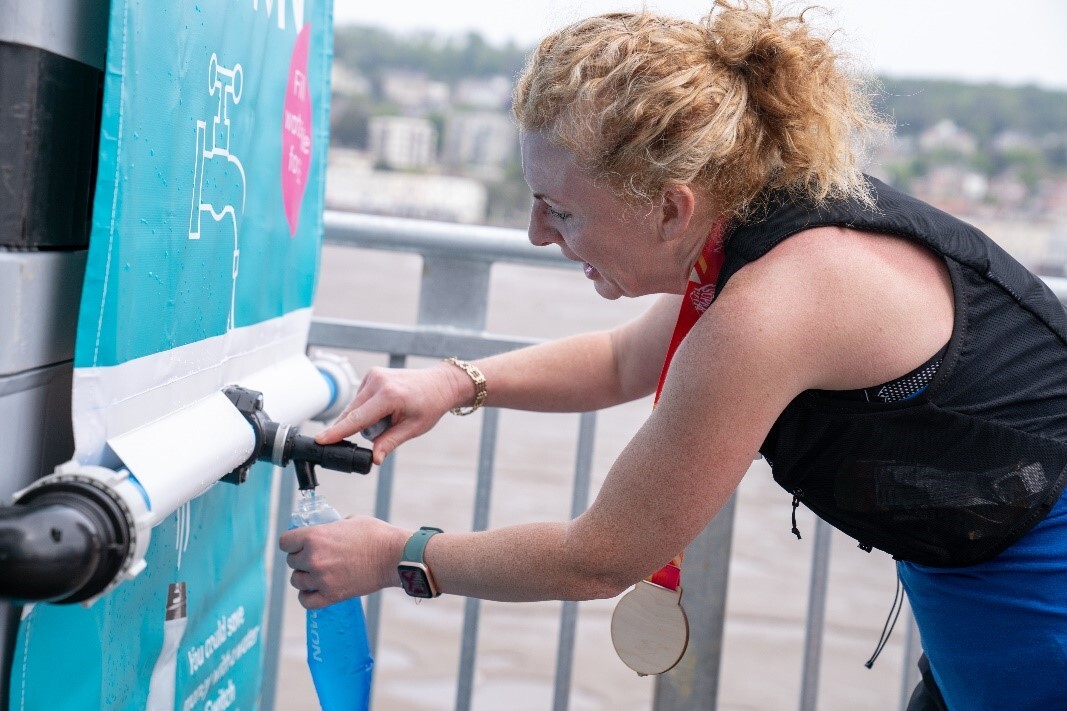
Scientists estimate that over 171 trillion pieces of plastic are floating in the world’s oceans, where it kills fish and sea animals. Plastic can take centuries to break down into less harmful material, making it a long-term problem.
What harm does plastic cause?
Single-use plastics including bottles, food packaging and fishing equipment degrade over time into smaller pieces. Marine animals such as fish, whales and turtles may swallow these plastics, which stay in their stomachs and cause health problems including starvation.
Marine animals can also become entangled in plastic waste, making them unable to surface so they drown, causing wounds that become infected or reducing mobility so animals are vulnerable to predators.
The threat from microplastics
Microplastics are tiny fragments of plastic – less than 5mm in size. These particles come from waste as it breaks down, or from sources like synthetic clothing and tyres. Microplastics can be inhaled or consumed and has been found in human tissue including placenta.
There are concerns about the impact microplastics may have on human health, and scientific studies are investigating this further.
Drinking water treatment plants are highly effective at removing particles including microplastics from water. This is carried out by processing, including filtration (removing particles from water by passing it through a filter, such as fine sand) and coagulation (a chemical is added to water to make any particles in it clump together, so they’re easier to filter out).
Strategies for reducing plastic waste
Efforts to reduce plastic waste use the slogan ‘reduce, reuse, recycle’. This means we should minimise plastic use where possible, reuse plastics as much as possible and recycle waste rather than sending it to landfill.
In 2022 a legally-binding international agreement was reached at the UN, with countries around the world agreeing to end plastic pollution by 2040.
Our commitment to the environment
Protection of the environment is one of our key priorities. We’ve committed to achieving operational net zero carbon emissions by 2030, and we have a ‘green-first’ policy that means we find nature-friendly solutions to problems.
We also support festivals and community events around Bristol to cut down on single-use plastic by providing water refill stations or by using our famous Water Bar. This supports festivalgoers to use refillable bottles, rather than single-use plastic cups and bottles.




